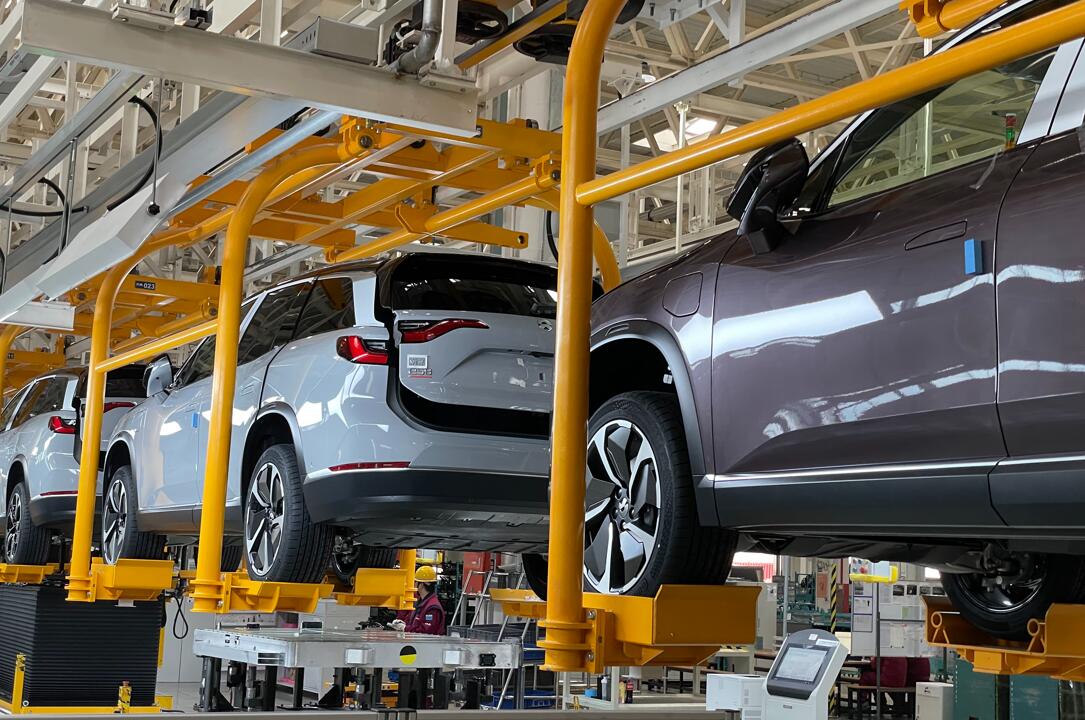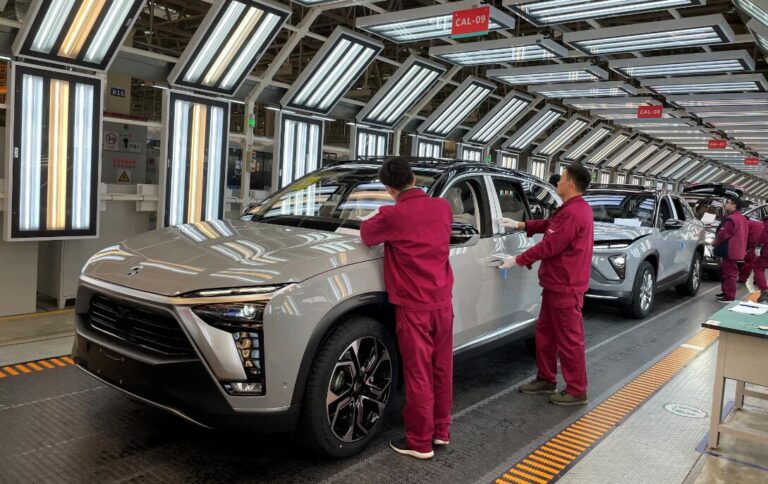Automakers in China have 4.37 million positive points and 1.07 million negative points for new energy vehicles in 2020 under the dual credit policy, according to a report released by the Ministry of Industry and Information Technology (MIIT) on July 15.
A total of 137 car companies in the country produced and imported a total of 19.83 million vehicles, including new energy vehicles, in 2020.
A total of 116 local car companies have 4.32 million positive points and 1 million negative points for new energy vehicles.
The overall positive points for new energy vehicles in China in 2020 were much higher than the negative points, but the negative points for average fuel consumption are also much higher than the positive points, and the points gap is large.
The number of car companies with negative points for average fuel consumption has increased from 31 in 2015 to 60 in 2020.
Chinese and foreign joint venture brands have poor fuel consumption points performance, but rely on the fuel consumption savings from previous years to maintain balance, the report said.
With the gradual increase in the pressure from the dual credit policy, Chinese and foreign joint venture brands will further increase new energy models, and new energy vehicle sales will maintain high growth in 2021, according to a research report by Minsheng Securities.
In the second half of 2021, the auto industry needs to wait for a rebound in demand and a new round of inventory cycle after the third quarter. Under the pressure of the dual credit policy, Chinese and foreign joint venture brands will continue to replenish their new energy vehicles, the report said.
The MIIT said in a separate report a the end of May that the unit price of trading new energy vehicle credits in 2020 was generally higher than RMB 1,000 ($154), with an average trading unit price of RMB 1,204.
In comparison, the unit price of points transactions in 2018 was mainly concentrated within RMB 1,000, and nearly 90 percent of transactions in 2019 are no more than RMB 500.
A previous research report by China Industrial Securities showed that the unit price of new energy points trading in China has risen from RMB 300-500 initially to RMB 2,500-3,000.
Previously William Li, founder, chairman, and CEO of Nio, revealed that Nio harvested 200,000 credits last year, and by selling them would allow Nio to earn more revenue.
If Nio sells all the 200,000 credits it gained in 2020, they would be worth up to RMB 600 million at a price of RMB 3,000 per unit.
For Tesla, the MIIT's previous data showed that the US electric car company received more than 860,000 new energy credits in China in 2020, the most of any car company.
At a price of RMB 3,000 per unit, Tesla's credits are worth up to RMB 2.58 billion.

